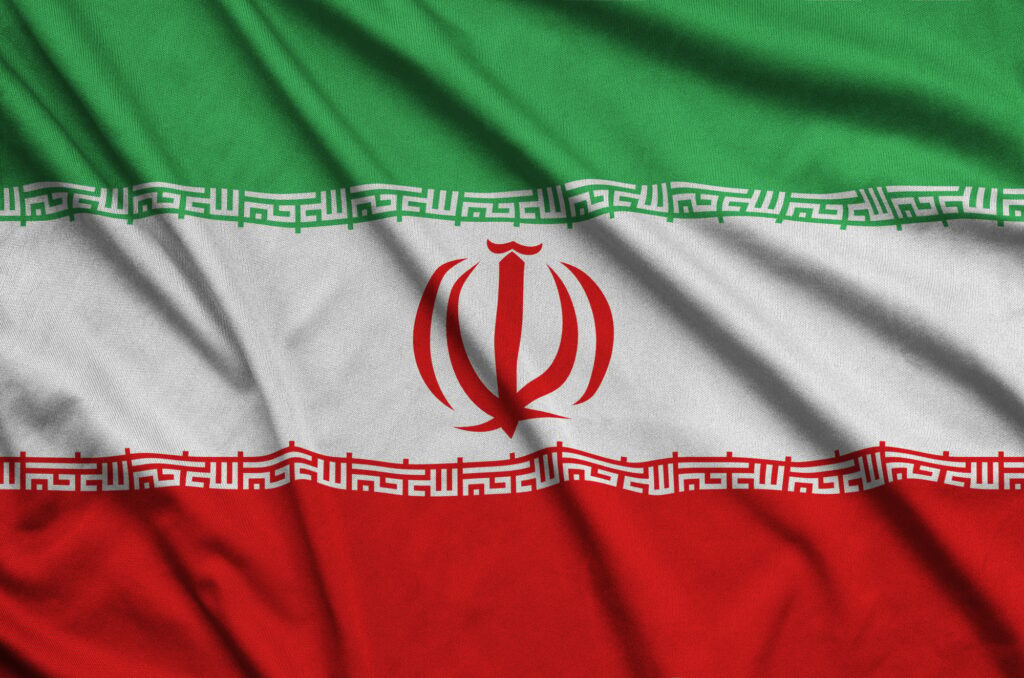Iran’s digital economy suffers heavy losses from internet shutdowns
The war-era internet shutdown caused severe disruption to Iran’s digital workforce, which includes roughly 10 million people, according to the communications minister.

Iran’s Minister of Communications has revealed the country’s digital economy shrank by 30% in just one month, losing around $170 million due to internet restrictions imposed during its recent 12-day conflict with Israel.
Sattar Hashemi told parliament on 22 July that roughly 10 million Iranians rely on digital jobs, but widespread shutdowns caused severe disruptions across platforms and services.
Hashemi estimated that every two days of restrictions inflicted 10 trillion rials in losses, totalling 150 trillion rials — an amount he said rivals the annual budgets of entire ministries.
While acknowledging the damage, he clarified that his ministry was not responsible for the shutdowns, attributing them instead to decisions made by intelligence and security agencies for national security reasons.
Alongside the blackouts, Iran endured over 20,000 cyberattacks during the conflict. Many of these targeted banks and payment systems, with platforms for Bank Sepah and Bank Pasargad knocked offline, halting salaries for military personnel.
Hacktivist groups such as Predatory Sparrow and Tapandegan claimed credit for the attacks, with some incidents reportedly wiping out crypto assets and further weakening the rial by 12%.
Lawmakers are now questioning the unequal structure of internet access. Critics have accused the government of enabling a ‘class-based internet’ in which insiders retain full access while the public faces heavy censorship.
MP Salman Es’haghi warned that Iran’s digital future cannot rely on filtered networks, demanding transparency about who benefits from unrestricted use.
Would you like to learn more about AI, tech and digital diplomacy? If so, ask our Diplo chatbot!
